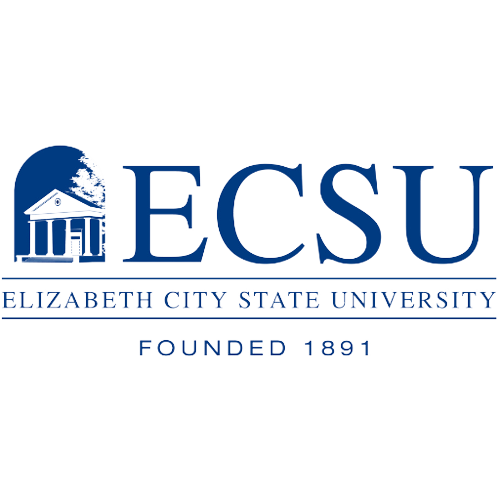In the final two years of your programme you will study mathematics and music only. You will split your time evenly between the two subjects.
You will still study some core compulsory courses in Year 3; this is when you can begin to specialise and pursue your areas of interest.
Year 4 allows you free choice of courses.
Year 1
You will take three compulsory courses:
Introduction to Linear Algebra
Calculus and its Applications
Proofs and Problem Solving
These are common to all our mathematics programmes and will take up half of your timetable. They build on your knowledge of pure mathematics and introduce you to the more rigorous ways of mathematical thinking required at university level.
You will also take music courses such as:
Topics in Popular Music
Psychology of Music
If you are interested in the composition pathway you can also take a course in Creative Musicianship.
Fundamentals courses
You can also take our fundamentals courses to support your transition to university:
Fundamentals of Algebra and Calculus - extra preparation in key topics from advanced high school level mathematics
Fundamentals of Music Theory - foundational concepts of Western music theory
Support
You will receive support from the MathsBase our popular walk-in help centre and from our Mathematics Student Support Team.
Year 1 students also have the option of taking part in the peer-assisted learning scheme MathPALS.
You will also be able to join MathClans. This is a student-led initiative that helps new students join and settle into the School of Mathematics community.
Year 2
In Year 2 you will spend between half and two-thirds of your time studying mathematics.
The following mathematics courses are compulsory. They will extend your knowledge of calculus and introduce you to more abstract areas of mathematics such as group theory. Compulsory courses include:
Fundamentals of Pure Mathematics
Several Variable Calculus and Differential Equations
Optional courses
Optional mathematics courses include:
Statistics
Computing and Numerics
Probability
Facets of Mathematics
You will also continue to take courses in music. Year 2 topics vary but current options include:
Understanding Music History 1: Critical Approaches to Music from the Middle Ages to the Late Eighteenth Century
Architectural Acoustics and Spatial Sound
Composing for Voices and Instruments
Sound Recording
Support
From this year onwards you can use the MathsHub our student-run social centre and workspace.
Year 3
In Year 3 you will study two compulsory mathematics honours courses and have the option to start to specialise within your degree.
Our compulsory mathematics courses provide an excellent grounding in advanced mathematics and prepare you for the options available later on.
Each honours course contains a skills component. This enables you to develop valuable employability skills such as:
programming
group work
presentation skills
You will also study one compulsory music course Research Methods in Music to support you with music courses in the latter part of your degree.
Optional courses
You will spend the rest of your time studying optional mathematics and music courses.
In music you will have the option to specialise within your degree by choosing from a selection of focused topics spanning areas such as:
composition
history
analysis
performance
Current music course options include:
Instrumentation and Timbre
Screen Music History: texts and contexts
In mathematics you will have a selection of courses to choose from to allow you to begin specialising within the subject. Current mathematics option courses include:
Financial Mathematics
Introduction to Number Theory
Statistical Computing
It is also possible to combine mathematics and music together by studying courses such as:
Musical Applications of Fourier Theory and Digital Processing
Physics-based Modelling of Music Instruments
Year 4
In the final year of your programme you will complete a significant research project in either mathematics or music; you can include the creation of new compositions and musical works. This will account for a third of your final year.
The remainder of your year will consist of mathematics and music courses. You have free choice from the wide range of courses offered by each School and can create a programme that suits your particular interests and career aspirations.
Our course selection is influenced by the varied research interests in each School and you will learn from those at the forefront of their fields.
Optional courses
Mathematics offers a large selection of courses in:
pure mathematics
applied mathematics
statistics
operational research
financial mathematics
mathematical biology
mathematical education
Current courses include:
General Topology
Symmetry and Geometry
Stochastic Modelling
Mathematical Education
Entrepreneurship in the Mathematical Sciences
You can also take optional music courses in composition and analysis. Current choices include:
Music and Human Communication
Jazz Studies: Critical Perspectives on Music and Culture
Venice: Music and Culture 1690-1740
Show less












